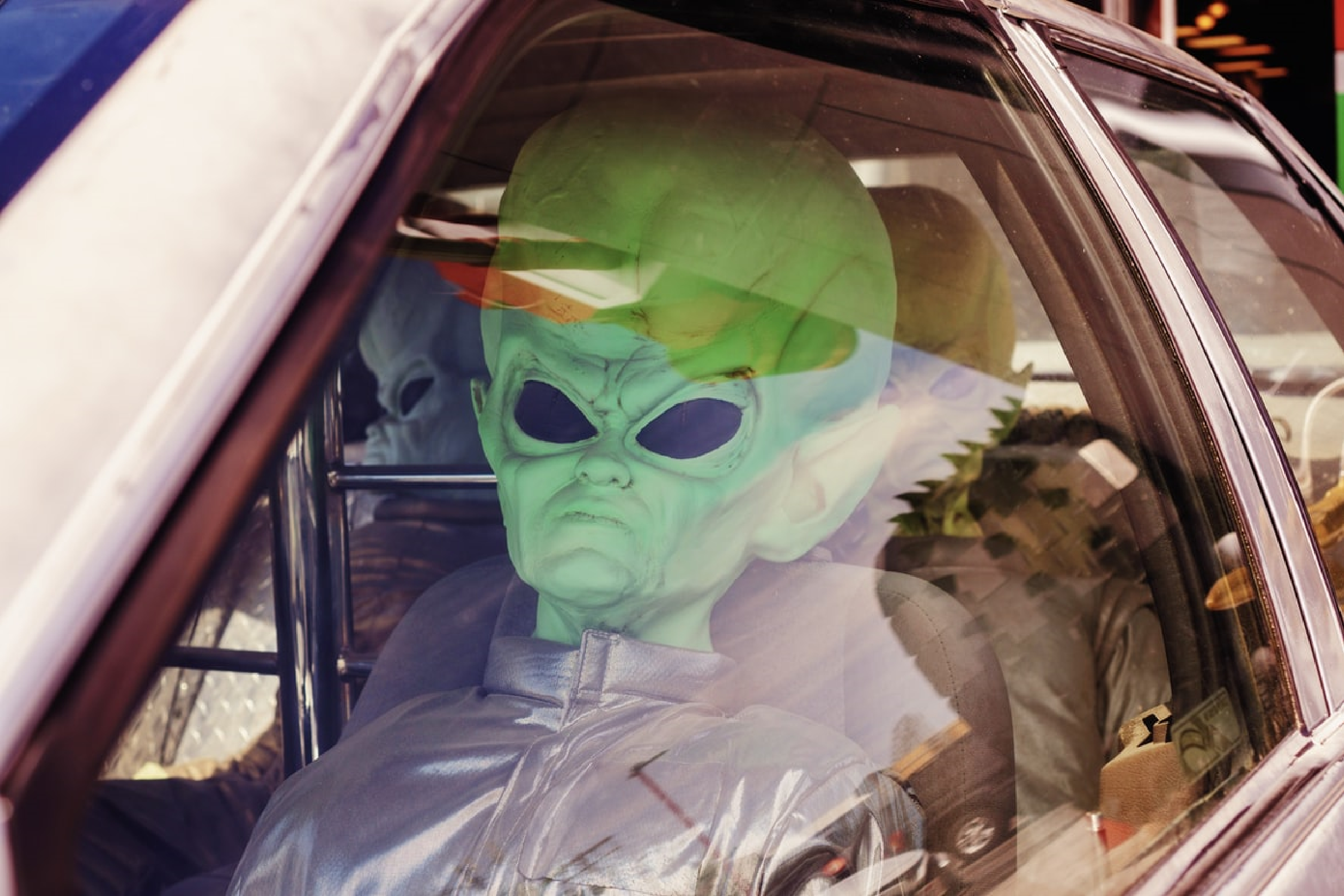Nowadays it’s pretty common to see brands doing something out of the ordinary. Whether they’re using strange mascots, surreal visuals, pop art, or odd dance commercials, you can see brands utilize weirdness with varying degrees of success. Brands today will often use memes, pop culture references, odd personas, and some even take it to the extreme with alternate reality game puzzles (ARGs).
Marketing has gotten more informal over the years, but the question is why? Today we’re taking a look at the psychology behind brand personality, its importance, and why things have taken a turn for the weird.
Brand Personality & the Psychology Behind it
![AS-Blog Post [Why Weird Works]_2 AS Blog Post Why Weird Works 2](https://ascalex.com/wp-content/uploads/2022/05/AS-Blog-Post-Why-Weird-Works_2.png)
To give a brief description, brand personality refers to a set of human characteristics, intellect, behaviors attributed to a brand. In short, a brand personality is basically what your brand would be like if they are a real person, and like a real personality, it has to be likable.
Unlike real people, a brand’s personality isn’t just made by one person. It is a meticulous and strategic creation made to help establish a rapport with consumers. These personalities are built around a core framework that involves the following dimensions:
- Sincerity – Honesty & authenticity.
- Excitement – Creativity, uniqueness, & originality.
- Confidence – Reliability & success
- Sophistication – Charm & quality
- Ruggedness – Adventurousness, toughness, and power
Each dimension helps brands shape the identity that they want to portray to their consumer and works as a solid foundation that can be used for more creative changes to your personality. However, whether they realize it or not, they are always looking for a brand that relates to them. But why does brand personality matter? Why go through all this trouble?
Why is it important?
The purpose of having a brand personality is simple: it creates recognizable traits that consumers can empathize, associate, or relate with. This persona is why people associate cafes with comfort or serenity, sports with sneakers, or wealth with sports cars.
With so many competitors in the market today standing out can be a challenge and one of the best ways to tackle that challenge is through carefully crafted personalities to boost awareness, increase loyalty, and establish a solid identity. Whether your brand’s attitude is energetic, intellectual, aloof, cheerful, passionate, etc., the goal is to relate to your consumer on an emotional level.
Take clothing brands as an example: people don’t just buy clothes for specific brands because of the aesthetic alone. They’re also buying them for the brand’s identity. Several people line up to purchase new items from brands like Supreme or Gucci simply because it’s made by Supreme or Gucci.
Why is Weird the New Black?
![AS-Blog Post [Why Weird Works]_4 AS Blog Post Why Weird Works 4](https://ascalex.com/wp-content/uploads/2022/05/AS-Blog-Post-Why-Weird-Works_4.png)
In recent years, we’ve seen a rise of strange personalities for brands. Fast food mascots are being sassy, video game companies are making/sharing memes on social media, product commercials using surreal visuals, and even tantalizing mysteries made to promote music or movies. There is a proliferation of strange or weird marketing, but why?
One of the reasons for this phenomenon could be because the internet thrives off parody. Many videos and images on the internet have gone viral simply because they’re making parodies from shows, movies, games, etc. Marketers know this and make parodies of their own or intentionally create something worthy of parody.
However, a more simple reason is that weirdness just stands out. In today’s modern internet age, getting attention can be very challenging, especially when marketing to younger audiences. One of the best ways to tap into that market is by throwing caution to the wind and being quirky and funny. And with so many young adults today that are wary of marketing tactics, brands have to keep pushing the envelope to make things work.
Things To Look Out For
![AS-Blog Post [Why Weird Works]_5 AS Blog Post Why Weird Works 5](https://ascalex.com/wp-content/uploads/2022/05/AS-Blog-Post-Why-Weird-Works_5.png)
While being weird and relatable to younger audiences and consumers is a great idea it’s also a double-edged sword.
Brands run the risk of becoming too gimmicky, tacky, or downright embarrassing when the marketing isn’t handled properly. There are even several disasters in regards to relatable marketing.
The key to having a unique and weird brand personality is by staying true to your already established brand. You don’t have to reinvent the wheel, just stick to what works and add some surreal spice to it. If you can keep the identity of your brand consistent while promoting strange content you’ll find success.

![AS-Blog Post [Why Weird Works]_3 AS Blog Post Why Weird Works 3](https://ascalex.com/wp-content/uploads/2022/05/AS-Blog-Post-Why-Weird-Works_3.png)